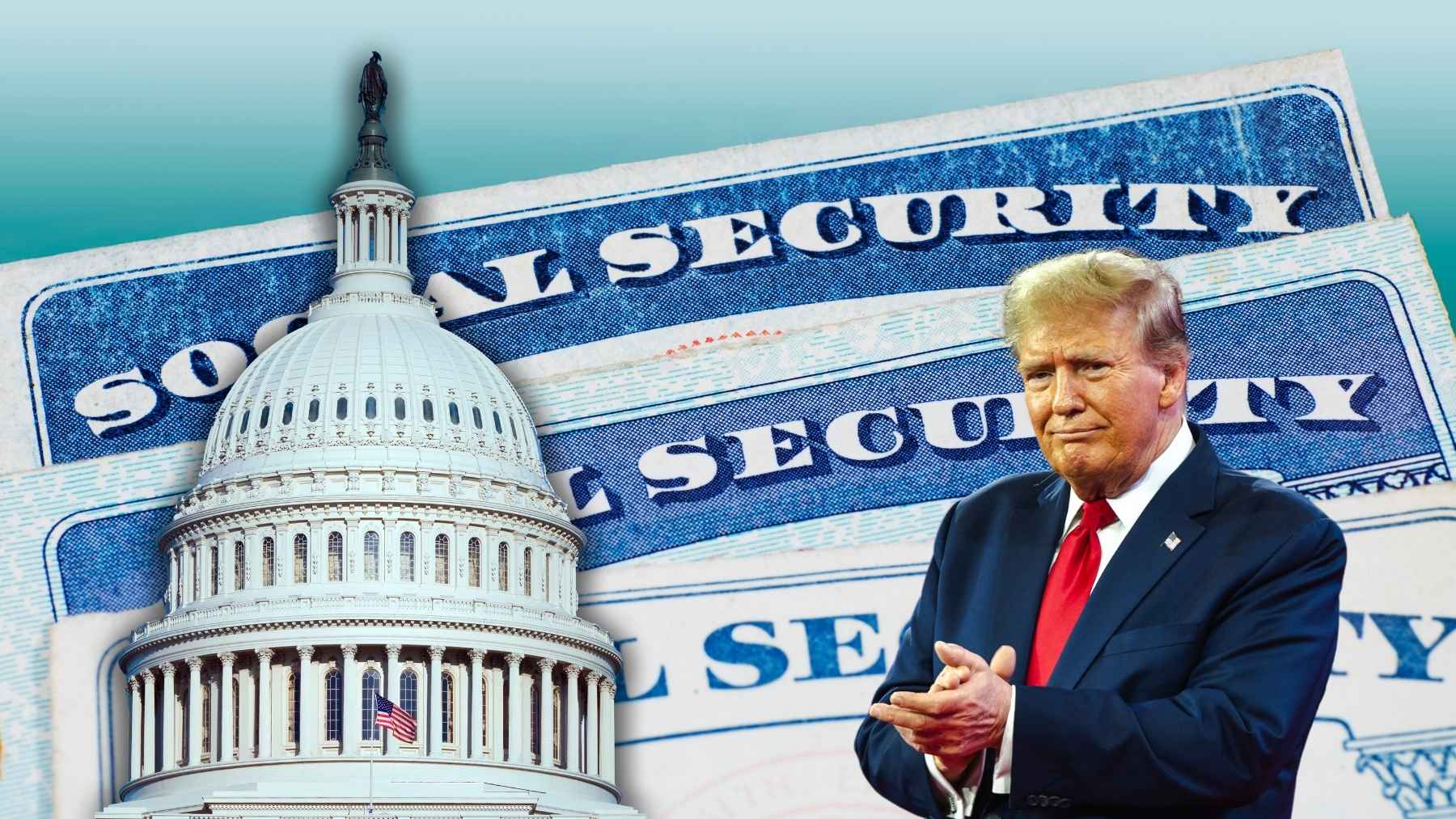Major changes are happening to Social Security under Trump’s administration, and already, many have started to take effect. In his presidential campaign, President Trump promised to protect the program, but recently, his proposals and executive orders have suggested big changes, and some could disrupt how retirees have been receiving their benefits before.
Executive Order to End Paper Checks
Trump’s order to end paper checks is one of the changes that affect how the Social Security Administration (SSA) disburses its payments. On March 25, 2025, President Trump ordered the end of all paper checks for federal payments, including Social Security. This order aims at cutting costs and reducing fraud.
Although over 99% recipients of Social Security use direct deposit or prepaid debit cards, over 485,000 recipients still receive physical checks. In 2024, it is reported that the government spent over $657 million to maintain the paper check infrastructure.
Going forward, paper checks will be unavailable as a method of paying Social Security benefits following the executive order. Therefore, to avoid disruption of your benefits, it is recommended that you shift to direct deposit before it’s too late. So far, it is unclear if there are any exceptions or if there is a formal process required.
Trump’s Proposals for Social Security
During his campaign, Trump promised that seniors would not pay taxes on Social Security. Although this proposal sounds appealing, especially to the seniors, failure to pay taxes on Social Security could fast-track the program’s financial issues.
It is estimated that Social Security is already on track to run short of funds by 2035. If this happens, Social Security will only be able to cover about 83% of its scheduled benefits, meaning that a 17% cut could hit retirees.
A budget model from Ivy League business school Penn Wharton shows that if the tax on benefits is eliminated, Social Security’s revenue will reduce by $1.5 trillion in the next decade, thus accelerating the depletion time by two years. Additionally, the Committee for a Responsible Federal Budget (CRFB) warns that eliminating taxes on overtime and tips would further reduce revenue by $2.5 trillion and hasten the depletion time by another year.
Tariffs Could Make Inflation Worse for Social Security
Recently, Trump has proposed new tariffs, including a 10% tariff on all imports and a 60% tariff on Chinese commodities, and some experts have argued that this could cause inflation. Higher inflation means higher cost-of-living adjustments (COLAs), which hurts Social Security because it has to increase the amount of benefits it sends to its recipients. This speeds up the depletion of funds.
This clearly shows that even if tariffs generate more federal income, they create more stress on Social Security by increasing the benefit payout faster than expected.
What Beneficiaries Should Do
If you are a beneficiary of Social Security or planning to apply soon, here are the things you need to do:
- Switch to direct deposit if you are still using paper checks because, after September 30, 2025, paper checks will no longer be in use.
- Open a bank account if you don’t have one to avoid payment disruption.
- Stay updated as the SSA releases more details this summer regarding exceptions and how the changes will be rolled out.
- Contact Social Security directly for any enquiries regarding the changes and how they affect you.
The policies and proposals suggested or enacted by President Trump’s administration are against the promises he had made during his campaign. Eliminating revenues and changing how checks are disbursed are moves that will have dire consequences, including the program’s solvency.
If you are a Social Security recipient, it is time to stay up-to-date and take the necessary steps to safeguard your payments. You should also start planning for the future because the current changes by the government could reshape Social Security in the years to come.

